The UK plans to phase out gas boilers by 2035 aiming to reduce reliance on natural gas. This transition will require an increased energy output and infrastructure to electrify the grid. Hydrogen could play a vital role, but there is a lack of scalable production methods.
Nuclear-enabled hydrogen (NEH), uses nuclear reactors for hydrogen production, that could offer a reliable, weather-independent solution. Research is needed to unlock NEH’s potential to support hydrogen demand and enable decarbonisation.
The Challenge
The UK government plans to phase out gas boilers by 2035 to reduce and eventually remove the reliance on natural gases. To eliminate this dependence and fully electrify the grid, it would be necessary for the UK to produce four times its current energy output and double the size of its electrical infrastructure.
The role hydrogen could play in efforts to transition to net zero is currently unclear, recently however there have been positive decisions for its potential uses in blending, transportation, domestic heating and industry. To produce sufficient hydrogen to meet this potential need, it’s important to increase and diversify hydrogen production methods.
As nuclear is a reliable and consistent source of clean energy that is unaffected by external factors such as the weather, Northern Gas Networks and Wales & West Utilities would like to investigate the possible use of nuclear power as a method of supporting with the potential increased demand of hydrogen production.
The Innovator?
Equilibrion brings a new perspective on how nuclear technology can deliver positive outcomes for the world. They have extensive expertise across the nuclear sector, from technology through to end use markets. Their focus is on the application of nuclear energy for full energy system decarbonisation, including through hydrogen production.
What’s Next?
Nuclear-enabled hydrogen (NEH) uses heat and electricity from nuclear reactors to produce hydrogen via electrolysis.
Both large and modular reactors can support various hydrogen production methods, either dedicated or flexible, switching between electricity and hydrogen output as needed.
NEH projects remain limited, restricting options for scalable, sustainable hydrogen supply. This hinders understanding of NEH’s role in meeting networks potential hydrogen demands and could artificially constrain hydrogen availability, complicating the energy transition and discouraging investment in technologies. NEH systems can produce significant hydrogen volumes at different sites, aligning with the UK’s supportive policy framework for financing and deployment.
Addressing these challenges requires better understanding of NEH’s alignment with industry needs, alongside demonstration of cost reductions through flexible and dedicated production. Research into innovative financing and siting strategies is essential to scale up NEH and support hydrogen network development. This project aims to provide the analysis needed to overcome these barriers.

